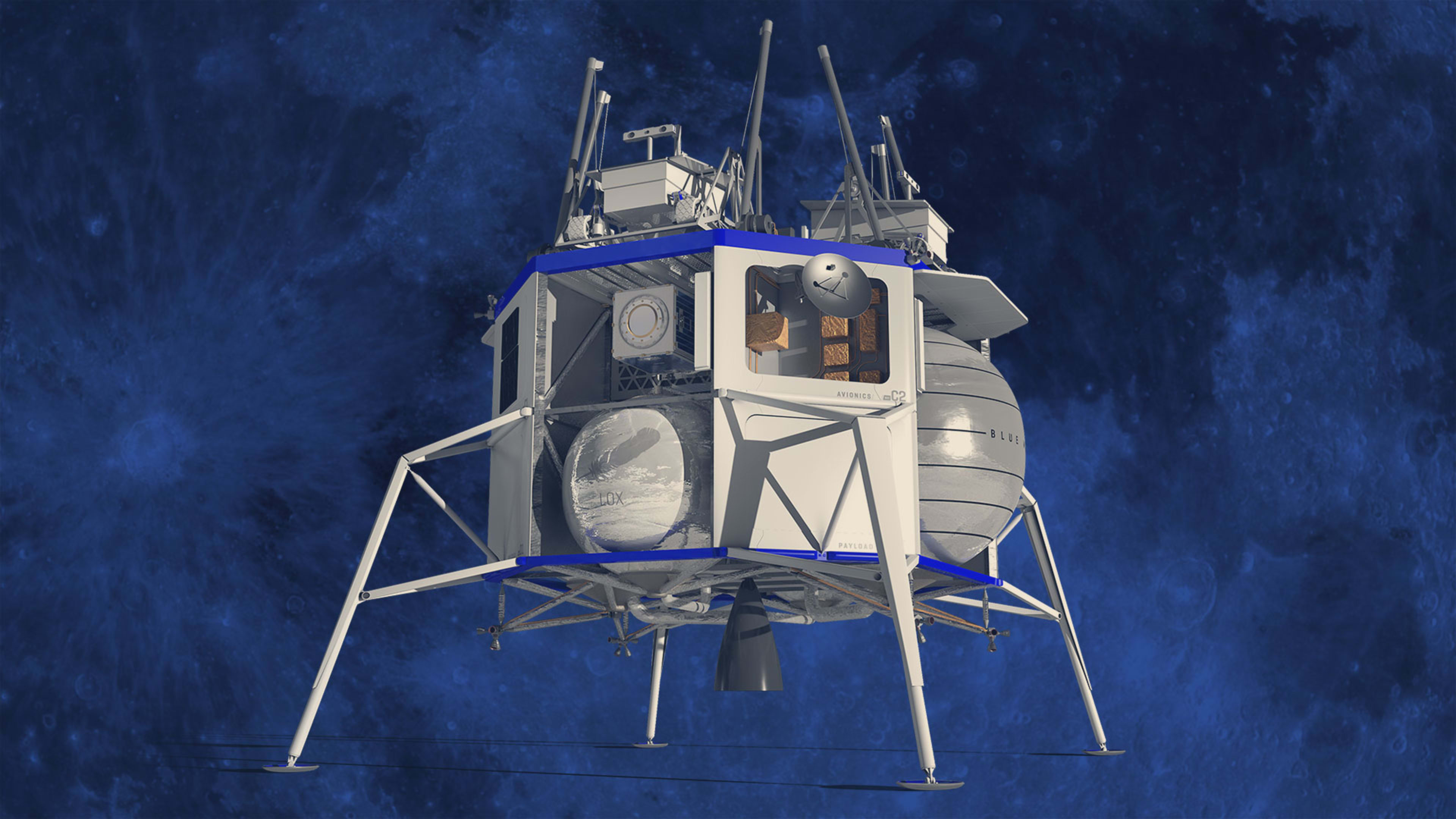Earth is the best planet to live on in our Solar System–perhaps the only one, given the grim conditions on even the most Earth-like planet, Mars. So to protect Earth, Amazon founder/CEO Jeff Bezos—who has a side gig as owner of space company Blue Origin—announced today that he wants to utilize the planet for what it does best: keeping humans alive.
At an invite-only press event in Washington, D.C., Bezos announced a massive vision for the future in which “Earth is zoned residential and light industry,” with heavy industry and mining moving to space.
But even a gentrified Earth won’t be enough to support the ballooning human population. So Bezos is also proposing a constellation of space stations modeled after ideas from his former Princeton professor, Gerard O’Neill. The physicist’s namesake O’Neill cylinders would be miles-long, mile’s wide structures that rotate–using centrifugal force to produce artificial gravity–and harvest sunlight to grow crops.
Related: Why Jeff Bezos is moonstruck to predict a trillion people living in space
Bezos’s rosy vision faces a lot of barriers, starting with cost. It’s very expensive to just get stuff into orbit. Elon Musk’s SpaceX is challenging that, though, with its reusable Falcon rockets. And Blue origin aims to do the same, with a massive heavy-lift rocket called New Glenn (named for astronaut and later senator John Glenn, the first American to orbit the Earth).

True to predictions from space watchers, Bezos also revealed images of the company’s lunar lander, Blue Moon, which is designed to deliver cargo, and someday humans, to the lunar surface. Blue Origin has been working on the design for three years, said Bezos. (It’s beginning engine tests this year.) Given the huge delays and cost overruns of NASA’s official moon-mission rocket, the Boeing-lead Space Launch System, the U.S. government may welcome a deus ex machina from startups like Blue Origin, especially given the Trump administration’s wildly ambitious goal to return humans to the Moon by 2024.
Recognize your brand’s excellence by applying to this year’s Brands That Matter Awards before the final deadline, June 7.
Sign up for Brands That Matter notifications here.
